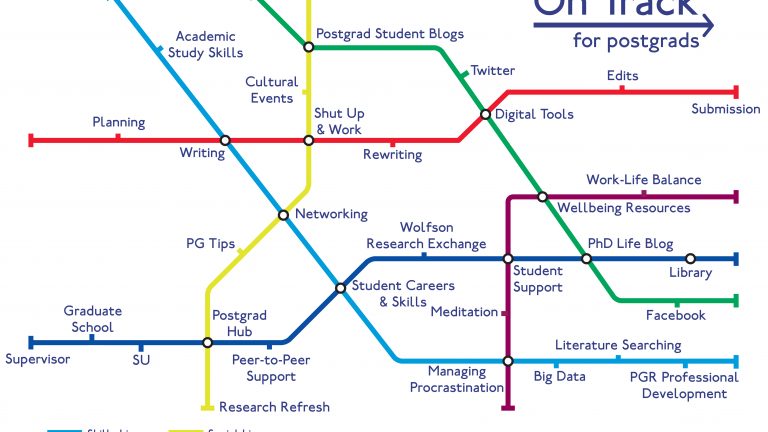Just like the weather we experience at this time of the year in the UK, this phase of the academic calendar can be both enjoyable and frustrating for Masters students…By Ide Haghi
[We’ve reposted this one from our archive to help current Masters students through dissertation season. Enjoy!]
There are days when your brain goes blank and you feel lost in your research and may even consider starting a new topic from scratch, while there are other days which make you feel highly motivated in the knowledge that you are undertaking very interesting research that you wish to share with others. This period can be full of ups and downs, but the satisfaction it brings when you submit your work is definitely worth a few gloomy moments.
The Writing:
As you get into the writing stage, the most challenging part is to actually start writing! That starting point can usually take longer than you expected, and although you might have all that you need in your mind, you might find it difficult to start writing that down.
→ One thing that can help you deal with this is to trust yourself and just write whatever hovers around in your head. It doesn’t have to be slick at this stage, and can even, like notes, consist only of some phrases.
→ It is very helpful to use some notes that you have taken down at the reading stage. You cannot imagine how those short phrases can help you to create long and sophisticated paragraphs! So, do take notes if you are still reading and make sure you use them at the writing stage.
→ Another way to tackle the blank page in front of you is to mind-map. It can help to create the structure of the chapter you are about to write. You can then refer to your mind map as a way of helping you navigate through your dissertation, chapter by chapter.
The Re-writing:
Writing a dissertation may not necessarily be straight forward. In most cases, it is more cyclical, involving lots of writing and rewriting. You might be in the middle of writing the literature review chapter when you suddenly take note of an important source which is directly relevant to your study and including it can enrich the background to your study. So, if at some stage you find yourself rewriting, reshaping, restructuring, don’t panic: you are most probably doing the right thing!
→ But be aware of time restrictions and your submission deadlines. It might be very helpful to rewrite some parts, but be cautious not to get too fussy so that you miss the deadline! There is always room for improvement, and, if you wish, you can always do that for future publication of your work.
Editing:
After possibly many cycles of writing and rewriting, you will reach a point that you feel confident about the content of your dissertation. This is when you need to take the focus off yourself as the writer and direct it to your readers! Your work will soon be read, evaluated and marked. That is when you need to edit your work to make it clear, better organized and easy to read for your audience. Remember, conducting reliable research is only halfway towards a satisfying result; the rest depends on how well you present your work to your readers. So make sure you leave a decent amount of time for editing, which is an essential part of formulating your arguments.
→ One thing that can help you a lot in your editing is the feedback you received from your supervisor on earlier drafts of your work. This is the best time to go back to those comments and make necessary changes.
Proof reading:
While in editing you tend to take a deeper look at how ideas and information are presented in your work, proofreading essentially focuses on emending superficial errors, such as grammar, spelling and punctuation. Unlike editing, which you need to mainly do on your own to retain the originality of your work, you can ask others to help proofread your work.
→ One of the best ways to do this is to ask a colleague in your area of study – and you can offer to proofread their work in return.
It would be great if we could also hear from other ‘Dissertation Survivors’ and our current master’s students to share their experiences about writing their dissertation. Leave us a comment below!
Good luck with your dissertation!
Don’t forget to check out the PG Community’s On Track programme of workshops, designed to help you maintain your work-life balance and provide practical information and support for your academic development and research. The workshops run from now and throughout summer!

Image: Timeline: Minutes/Bertalan Szürös/CC BY-NC-ND 2.0
Like this? Tweet this!
#studyblog
